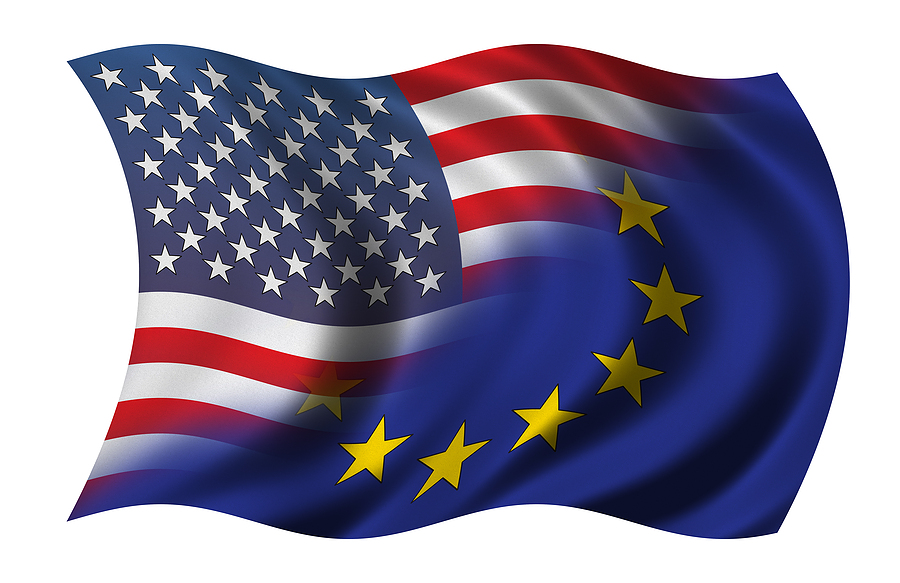RIO DE JANEIRO, BRAZIL – Diplomats consider that the new White House will be engaged in linking environmental to commercial policy. Ambassadors in Brasília say that in order not to lose funds, the Planalto will need to adjust its rhetoric.
For the next two years, Brazil’s successful relationship with the United States will hinge much more on the Bolsonaro government than on Joe Biden, sworn in on Wednesday, January 20th.

The assessment was made by four European and Asian ambassadors working in Brasília who wished to remain anonymous. They all agreed that an indication that Brazilian politics would transcend the Donald Trump-Bolsonaro relationship would be to dismiss Minister of Environment Ricardo Salles and Foreign Minister Ernesto Araújo. According to these diplomats, European Foreign Ministers, in particular, will support any veto or restriction Biden may impose on Brazil on based on environmental policy. In fact, they have already asked the American President to do so. “France has already signaled that it wants to stop being dependent on Brazilian soy”.
“The trend is for countries to find more arguments to impose barriers on Brazil and, consecutively, to protect their own producers, in the absence of environmental protection,” said a European diplomat. “Anyone who fails to care for what is left of the world’s forests will ultimately be punished where it hurts the most, in their pocket,” said another foreign embassy representative.
Biden’s arrival finds Brazil in an already fragile international situation. If, under Trump’s shadow, Bolsonaro had a powerful sound box and relatively little cost for the international isolation strategy, now the game is beginning to change.
The last few weeks have seen setbacks for the Planalto in the so-called “vaccine diplomacy”. The country is trying, without success, to expedite the arrival of ready doses of the Oxford/AstraZeneca vaccine from India as well as raw materials from China for the production of immunizers.
One of the possibilities suggested at the international level would be for Biden to support the World Trade Organization (WTO) to establish a policy of restrictions on those who infringe certain environmental standards. This is similar to what occurred in the 1990s, when there were severe vetoes on doing business with countries where child or slave labor was reported. It is a debate that will continue throughout 2021.
“The U.S. wants to create a new world doctrine that excels in the precepts of the green economy, the protection of biodiversity, but also as a vital component in the regulation of trade relations,” says Harvard political scientist and researcher Hussein Kalout, who was special secretary of Strategic Affairs of the Presidency under Michel Temer. The choice of John Kerry, Barack Obama’s former secretary of state, to serve as Biden’s “environmental czar” is one such indication of the new president’s hardening of the green policy.
Another indication that Biden’s policy will also weaken Bolsonaro was his choice of Anthony Blinken as Secretary of State. He is an advocate of multilateralism, while the Brazilian president is a critic of international organizations and an advocate of bilateral agreements, just as Trump was.
However, initially, Biden will address pressing domestic concerns before dealing with foreign policy with Brazil. Among them the fight against the coronavirus pandemic, strategies to restore the U.S. economy, and how to rebuild internal politics that became extremely polarized, particularly at the end of Trump’s term. According to Kalout, the Democratic administration will be pragmatic in the international arena, and it will be no different with Brazil. Bridges would not be burned, but Brazil would be put on hold for a while.
“The alignment between the Brazilian and American governments was beyond what an automatic alignment is. We had a subordination of interests. We lost decision-making autonomy in international politics. Brazil became incapable of making decisions free of what Trump considered to be necessary for Brazil,” said Temer’s ex-secretary.
Since assuming his presidency, Bolsonaro had made a point of drawing closer to Trump. Even after Biden’s election was confirmed, he insisted on the unfounded theory that the American elections were rigged. And he was one of the last to congratulate the victor.
Regarding the possibility of dismissing Salles and/or Araújo, Kalout says that this measure would not be immediately effective unless the direction of these portfolios’ policy changed. “It’s no use just changing names. You have to change direction, you have to change the way it’s conducted. And that doesn’t depend exclusively on the Minister in charge, but on the President,” says the political scientist.
An issue that should undergo few changes is the 5G Internet technology. Trump vetoed the Chinese Huawei in the United States and has been pressing for allied countries to do likewise. President Bolsonaro had been signaling that he would follow the path traced by the Republican, but there has not yet been a final decision. The frequency auction should occur by mid-year. Now, despite Biden’s takeover, the trend is for some obstacles to the Chinese company to persist, albeit more moderately.
“This war is superpartisan. Were it Trump or Biden, it would be the same thing. If not vetoes, then obstacles will come that will hinder a Huawei victory,” said one of the diplomats. What is at stake is not only the financial issue, but also the geopolitical war that the US and China are waging for the technology. A similar assessment is made by political scientist Kalout. “There is no way Brazil can banish it, the country still depends on Huawei. But the U.S. will press to limit Huawei’s entry into Brazil’s 5G, as well as in all of Europe,” he said.
Source: El Pais

